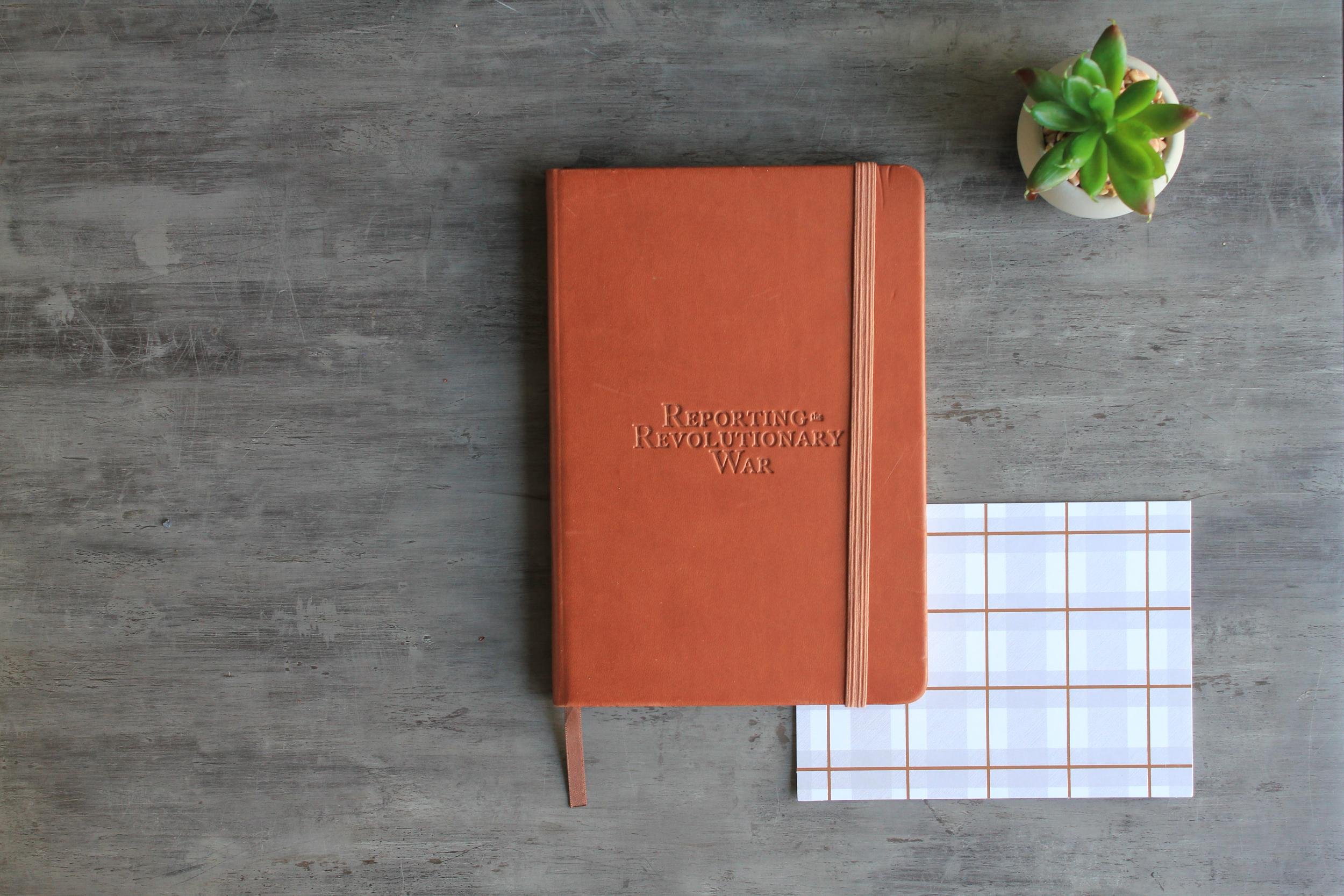Publishers for Early American History Books (Trade Presses)
Unboxing that first box of books with your name on it and holding your book in your hand is a great feeling. I want to help get you there.
Below, you’ll find some helpful information and a list of trade publishers of early American history books.
Scroll down for a list and links.
This list of publishers for early American history books is for . . .
anyone interested in nonfiction publishing—especially a historian / author of an early American history book dealing with colonial America or the Revolutionary War
anyone who’s not looking to self-publish, don’t plan to publish with a university press, and don’t plan to find an agent in hopes of landing a Big 5 publishing deal
authors writing or a general audience
cultural history, military history, historiography, genealogy, Native American history, and other subspecialties
You might also consider publishing with a university press if your book is footnoted and might be of interest to researchers or university library buyers, but university presses are not included in the list below.
You’ve been writing a book. You’re ready to start shopping it to agents and/or publishers. It’s about time, right? What’s the hold-up?
You need to write a nonfiction book proposal. A great one.
And you don’t have the time or the expertise to do this all on your own.
Learn more:
Writing a Nonfiction Book Proposal: Hiring a Book Proposal Coach vs. Hiring a Book Proposal Editor
Book coaching and editing services for authors.
What is a trade publisher?
A trade publisher is a publishing company that acquires, edits, designs, publishes, and sells books to consumers. It pays royalties, a portion of profits, to authors.
The “Big 5” book publishers—Penguin Random House, Simon & Schuster, Hachette, Macmillan, and HarperCollins—owned by media conglomerates—account for 80 percent of trade book sales. These publishers often offer “advances” to authors. Their books are usually sold online and found in brick-and-mortar bookstores and libraries. Each publisher has “imprints”—brands within a brand, if you will.
Typically, to get a Big 5 book deal, you need name recognition, a platform (several thousand or more followers or a track record of multiple thousand traditionally published books sold), an agent, and a book idea or manuscript with broad appeal.
Independent trade publishers are not owned by the major publishing companies. They release fewer titles, have smaller print runs, and have fewer resources. They strategically produce and sell books, reaching authors and readers with certain interests in mind.
If a publisher is actively acquiring titles in eighteenth-century American history, it’s not a Big 5 trade publisher, and it’s not a university press, I’ve tried to include it on the list below.
You don’t need an agent to get a book deal with the companies listed below.
Here are some non-Big 5 trade publishers for early American history books:
Arcadia Publishing and The History Press: They publish short local history books and guidebooks. They require 25+ quality images.
The History Press / submissions
Bloomsbury Publishing: This British-and American-publisher’s books “range from undergraduate texts and general interest titles, to academic research and reference works.”
ABC-CLIO: They specialize in the library market and reference books.
ABC-CLIO/Greenwood / submissions
Praeger / submissions
Osprey Publishing / submissions (Osprey books are heavily illustrated military history books, some of them on eighteenth century battles, campaigns, regiments, or forts.)
Rowman & Littlefield: R&L, now part of Bloomsbury Academic, contains a number of divisions and imprints that are selective and highly regarded; they publish academic and non-academic books written for a broad audience.
Stackpole Books / submissions (Part of the Globe Pequot Publishing Company, owned by R&L)
Here is a list of imprints in US history published by Bloomsbury Academic.
Casemate Publishers: They specialize in all eras of military history.
Heritage Books / submissions: They specialize in printed primary sources and genealogical resources.
McFarland & Company / submissions: Most books are 75,000 words or more. Many of their history titles are biographies.
Savas Beatie (Emerging Revolutionary War series) / submissions
Westholme Publishing / submissions: Their impressive catalog of early American history books continues to expand.
Check out the Journal of the American Revolution Books series and Small Battles series.
Questions to ask yourself when finding the right publisher for your American history book:
Who published the books you’ve read or enjoyed that are similar to your manuscript?
After viewing the publisher’s website and catalog, do you see books that are similar to your manuscript?
Do they have a niche, a series, or a strong reputation in your subfield or subspecialty?
Realistically, what do you have to offer them? Is your audience, expectations, format, and background a match for what they’re looking for?
What have other authors in your field said?
How long are you willing to wait?
